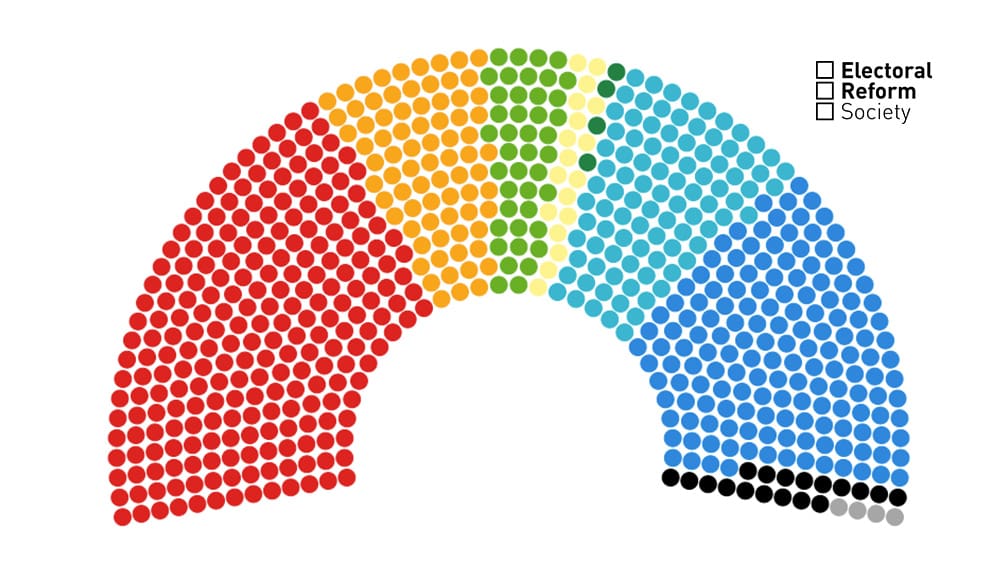Gray
Well-Known Member
- Joined
- 30 May 2004
- Messages
- 28,754
- Team supported
- ABU & The Bus Wreckers
Is that all the Lib Dem and Green voters?That's not strictly true. I know people voted Lib Dem and Green who are over the moon that Labour are in power.
I think not.




